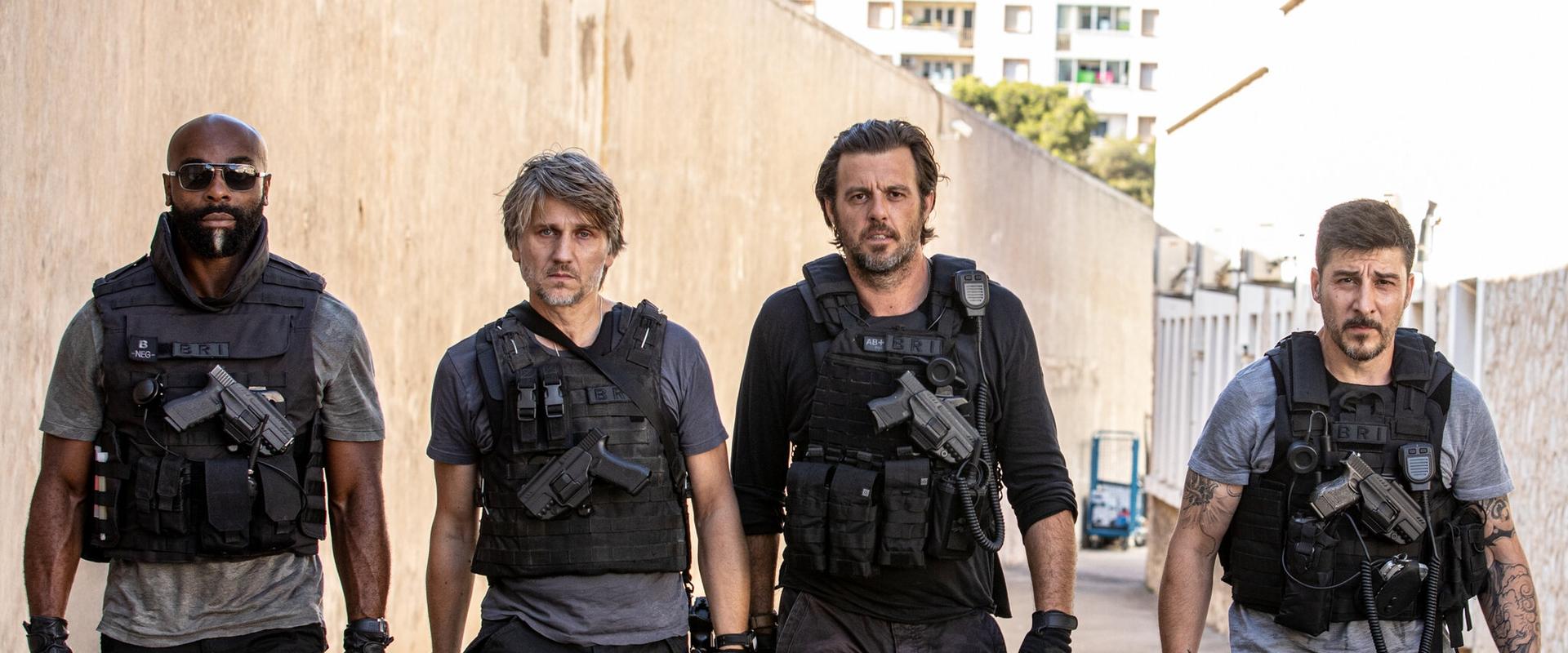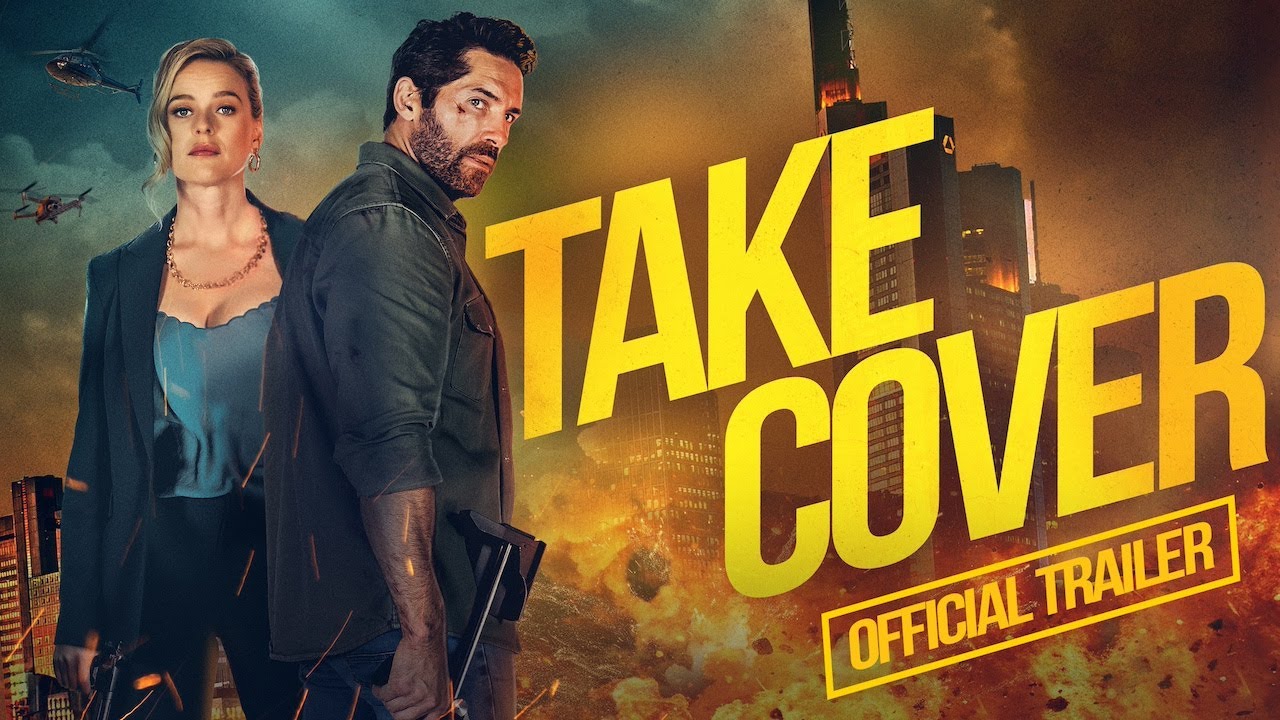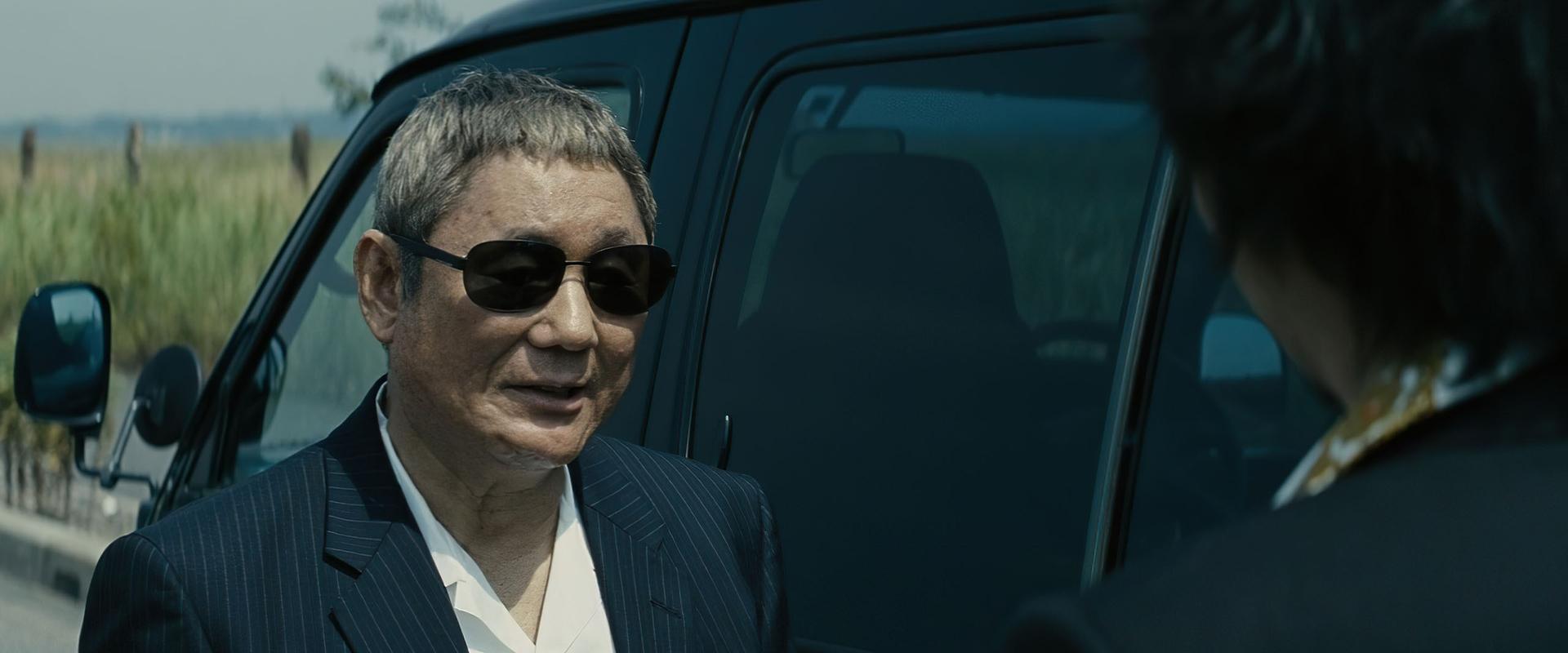If you go to the movies to be reassured, to be comforted by the amiable fiction that the “good guys” are only ever a few rough nights or wisecracks away from redemption, then steer clear of Olivier Marchal’s “Rogue City.” There’s nothing here but the squall and shriek of compromise, the nervous laugh of doomed men scraping out another day in purgatory. To call it a police procedural is a little like calling Goya’s Black Paintings “a bit gloomy.” Marchal spills bodies and broken loyalties across the screen as deftly as a street painter slinging mud. And damned if I wasn’t riveted.
Set in sun-blasted, blood-smeared Marseille (if the Marseille tourism board survives this movie, they deserve a medal), “Rogue City” is a cop thriller writ in shades of whiskey and cigarette ash. It’s a tapestry—make that a shroud—of intersecting betrayals: an anti-gang police unit sinks in the quicksand of violence and corruption, hounded by their own Internal Affairs wolves and battered by legions of snarling gangsters. No one emerges unsullied, but Marchal seems less interested in who’s left standing than in cataloguing every nick and wound along the way.
I’ll admit—I expected a generic European cop flick, all posturing and squibs, something to watch with half an eye while folding laundry. But the film sucked me in, scene by scene, with the inexorable pull of Greek tragedy: men who cannot escape the labyrinth, who have long forgotten how to mourn their own doom. Marchal’s script is sprawling, sometimes cluttered, but for all the cross-currents of police business—raids, stakeouts, and those gloriously doomed moments of “brotherhood”—it never tangles itself into an inescapable knot. You aren’t lost. You’re transfixed, waiting for the next calamity.
Is there anything more exhilarating than watching capable actors gnash through layers of guilt, rage, and desperation? Lannick Gautry’s Richard Vronski, with his odd mix of gravel and hurt, prowls the screen with a look that says he’s already rehearsed his own eulogy. Around him, a supporting cast charged with the thankless task of embodying expendability do their work with panache—the best of them suggesting whole inner lives behind each scar. The only real disappointment: there isn’t enough air in this tight, choking plot to let these men (and a few hardbitten women) be wholly themselves. They’re like swimmers gasping for air as the drama pulls them under.
And then there’s Jean Reno—a relic of the era when “French tough guy” still meant something. As Police Chief Leonetti, Reno is every inch a lion grown melancholy, the king of a rotten pride. His quiet authority and pained self-awareness give the film its only glimmers of nobility, and a warning of the price of playing king amid this much quicksand.
Marchal—the ex-cop turned filmmaker—has the voyeur’s gift for lingering on the bruises, the rot. His Marseille is as much nightmare as documentary; you shudder just knowing you’d never survive a week there. Marchal’s own fascination with the blurred line between cop and crook saturates every frame. This world is held together not by justice but by the thinnest, bitterest strands of loyalty and necessity. It’s a realm where every compromise feels like a mortal sin.
The dialogue? Marchal doesn’t go in for grandstanding speeches or cheap bon mots. He prefers the clinical truth of the locker-room and the interrogation cell; the cruelty and camaraderie come slashing out in hard, metallic sentences. If the plot occasionally breaks its own neck trying to keep up with all these miserable souls, the talk always feels like the right kind of blunt-force trauma.
What lifts “Rogue City” above so many of its genre cousins—above even Marchal’s own habit of wallowing in the murk—is its commitment to futility. This is a universe where heroism is not just unrewarded, it’s positively suicidal. Marchal outdoes “Training Day,” leaves “End of Watch” for dead. He presents the law as a shallow ditch; you crawl in for safety, but you only realize too late it’s a grave.
Some will quibble (they always do) about the film’s relentless grimness, its capacity for human misery, the way it refuses to offer the audience so much as a single clean triumph. But that’s just honesty. “Rogue City” knows that in the great contest between hope and reality, reality pounds hope to a pulp and leaves it in the back seat of a rusting Peugeot.
In the end, “Rogue City” is a bullet-riddled elegy for the idea of law itself, executed with such grime-soaked verve it’s practically an homage. Is it fun? Not exactly. Is it good? Better than that—it’s exhilarating, in the way only a very intelligent, very bleak police thriller can be. It will leave you wrung out, a little hollowed, and craving a shot of something strong just to scrape out the aftertaste. See it for Gautry’s ragged conviction, for Reno’s granite sorrow, and for the sheer pleasure of a filmmaker who won’t let you look away from the dark.
After all, if we’re going to stare into the abyss, we might as well let Marchal light it with muzzle flashes.


